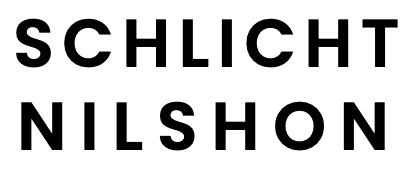Home. » Growing better. » New Growth by New Skill.
On:
New.
Skill.
Ah – Skill. What a word. A feast. Nothing's so satisfying, nothing so important for self-esteem than to be able to say:
»YES, I CAN.«
It's of utter importance for everyone and everything. It's important for organisations to know: »Yes, she, or he, is able to do it.« To make sure the right people are on board. At right places. Doing right things.
For superiors it's important to say: »I know you can do it.« And: »I like the way you do it.« We call such saying »to trust« and »to recognise« and »to approve« — essential things to do for superiors. (In case you are a superior, that is, leading people: Never underestimate the power of trust, recognition, approval. Never say: »I do not have to state it explicitly, my people know I mean it anyhow.« To know and hear that others see what we do, and recognise it, is exactly as important as to know oneself. The recognising part is even more important. The lack of it can be devastating.)
Finally, no doubt, it's important to know for oneself: What is it I'm really good at? What are my true strengths? What do I really care to do? To look closely here is all about the future and not at all about the past. It's about a start into new skills — out of the »old ones«, even out of old failures which most likely there were a few. »Stick to your lasts« went the old saying, and it's long obsolete for many reasons, least of all because today nobody knows any longer what »lasts« actually were. We're not to stick to anything past or »last«, if there is a future »better« possible. Yield who will to »I know my skills and that'll do«. We'll always go for new objects in living — to ever-better unite our vocations and avocations. To make things possible that even seemed unthinkable.
New Ways to new Skills.
Ideas and Suggestions.*
(*Give us a little time to let our ideas take shape here. We'll try to keep simple whatever we'll come up with here. As keeping things simple means to keep it easy to try things out. And succeed. But still, however simple it may be in the end, it takes some time to write it down.)
More, soon.
